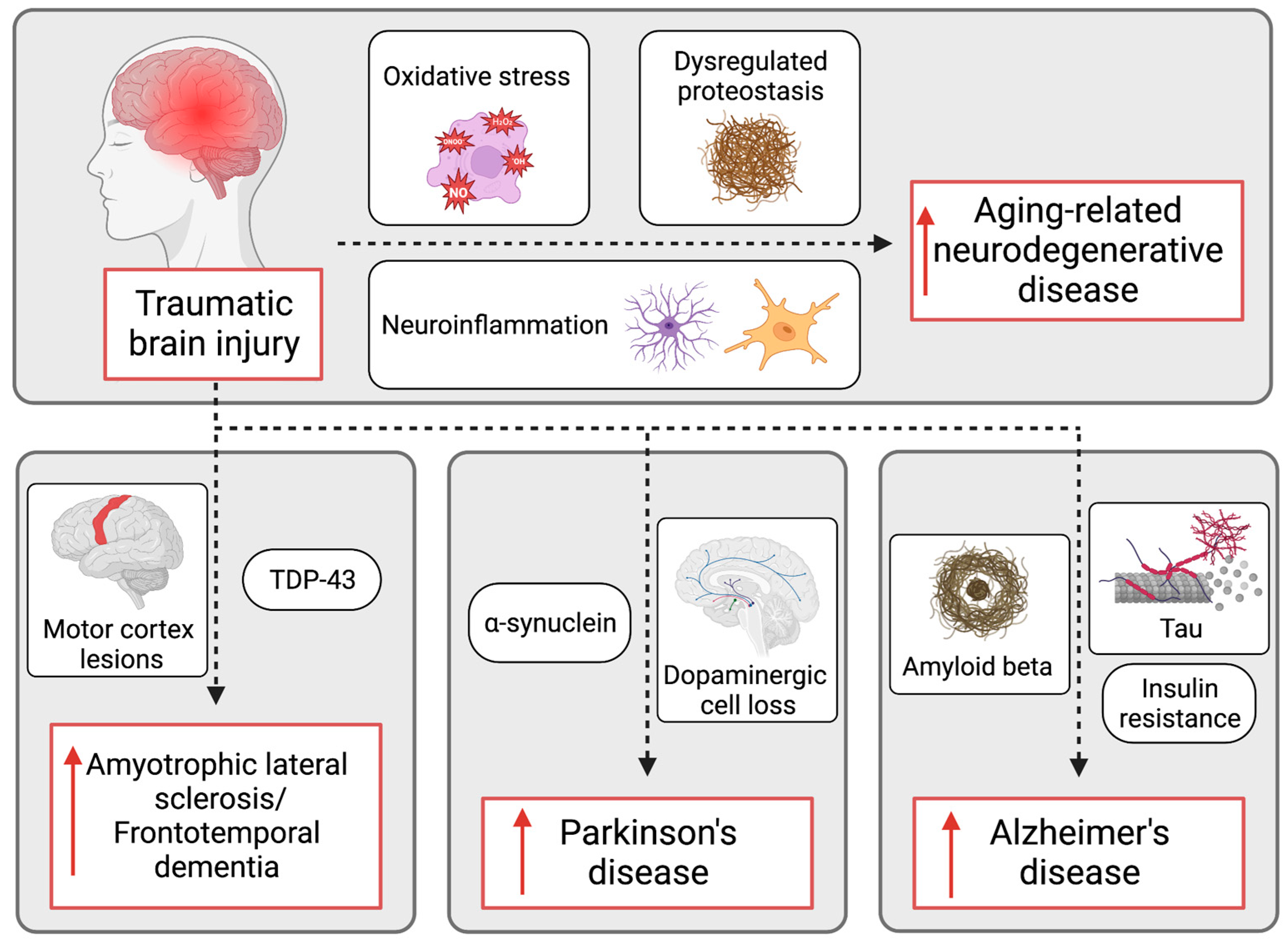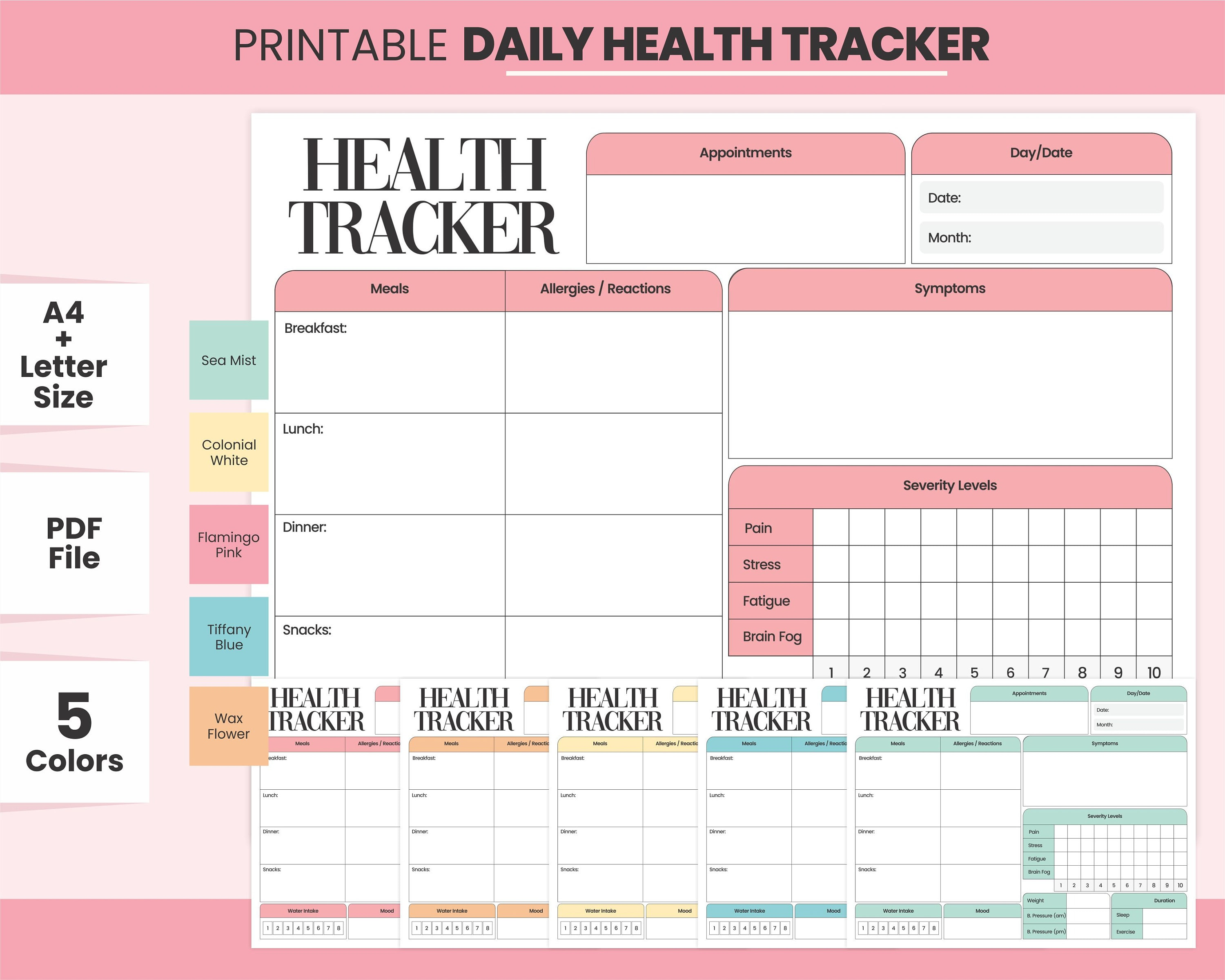
Risk Factors for Age-Related Brain Diseases Revealed
As individuals age, understanding the risk factors for age-related brain diseases becomes increasingly vital for health and wellness. Recent studies have identified a variety of modifiable health factors that can significantly influence the onset of conditions such as stroke, dementia, and late-life depression. By addressing key elements such as blood pressure, diet, and physical activity, it may be possible to lower the risk of these debilitating diseases. Additionally, findings suggest that simple lifestyle changes can provide a pathway for dementia prevention and improve overall brain health. By focusing on these risk factors, individuals can take proactive steps toward a healthier brain and enhanced quality of life.
Age-related cognitive decline and mental health challenges are becoming more prevalent in our aging population. Various contributors to this issue, often categorized as risk factors for neurological disorders, include lifestyle choices and health conditions that can be adjusted through intervention. Common terms associated with these age-related brain diseases include cognitive deterioration, major depressive disorder in seniors, and cerebrovascular complications. Recognizing the importance of modifiable aspects such as diet, exercise, and social engagement is crucial for fostering a healthier aging process. Embracing strategies that mitigate these risks will pave the way for improved mental health and cognitive resilience in later life.
Understanding Age-Related Brain Diseases
Age-related brain diseases, including stroke, dementia, and late-life depression, pose significant health challenges as individuals grow older. These conditions not only affect cognitive functions and mental health but also reduce quality of life drastically. Stroke, as a critical condition, can result in severe impairments, while dementia gradually erodes memory and cognitive abilities. Late-life depression often accompanies these issues, creating a trifecta of challenges that can affect the elderly’s overall well-being.
Recent studies have shown that these diseases are interconnected, sharing common pathways and risk factors. Understanding the nature of these relationships is crucial. By addressing preventive measures against one condition, it can potentially lower the risk of developing others. Healthcare providers must emphasize holistic strategies to combat these diseases, focusing on lifestyle modifications that can yield positive outcomes for brain health.
17 Key Risk Factors for Age-Related Brain Diseases
Research has pinpointed 17 modifiable risk factors associated with age-related brain diseases. High blood pressure, for instance, is a significant contributor to the onset of stroke, dementia, and late-life depression. Other factors like diabetes, kidney disease, and unhealthy diet not only elevate the risk of these conditions but also lead to poor quality of life. Each of these risk factors is an opportunity for intervention, highlighting the importance of lifestyle changes in preventing these diseases.
Addressing these factors through targeted interventions can significantly reduce the risk of diseases related to aging. For example, encouraging regular physical activity can lower blood pressure and enhance overall mental health, while managing dietary habits ensures proper nutrition and metabolic health. With proper awareness of these factors, individuals can take proactive steps to protect their brain health as they age.
Modifiable Health Factors and Their Impact
The concept of modifiable health factors is central to the prevention of age-related brain diseases. Factors such as physical activity, diet, smoking, and stress management can be altered to yield positive health outcomes. Engaging in regular exercise not only maintains cardiovascular health but also improves cognitive function, thereby reducing the risk of developing dementia and depression. Additionally, maintaining a balanced diet is critical as it directly influences glucose levels and blood pressure, both of which are vital in brain health.
Moreover, focusing on mental well-being through social engagement and purpose in life can mitigate the risks associated with late-life depression. Creating a fulfilling social network and pursuing hobbies can enhance mental resilience, proving vital in the fight against depression. Therefore, it is essential for individuals and healthcare providers to understand these modifiable factors to implement effective preventative health strategies.
The Interconnection Between Stroke, Dementia, and Depression
The interconnection between stroke, dementia, and late-life depression is an area of increasing interest in neurological research. Studies suggest that the onset of one condition can significantly elevate the risk of the others. For instance, a stroke can result in cognitive impairment, increasing vulnerability to dementia, while associated emotional stress may lead to late-life depression. This cycle highlights the need for comprehensive treatment approaches that address multiple conditions concurrently.
The shared risk factors play a pivotal role in this interplay, suggesting a unified approach to prevention and treatment. For instance, high blood pressure management could mitigate the risks associated with all three conditions. As researchers continue to uncover these links, developing integrated healthcare strategies becomes crucial for improving the overall health and well-being of aging populations.
Dementia Prevention Strategies
Prevention strategies targeting dementia require proactive approaches focusing on the modifiable risk factors identified in recent studies. Engaging in regular physical exercise, adhering to a heart-healthy diet, and controlling blood pressure can substantially reduce the risk of developing dementia. Additionally, intellectual engagement through puzzles or social interactions can foster cognitive resilience.
Moreover, early intervention and education about the risk factors associated with dementia are crucial. Healthcare providers should emphasize the importance of regular check-ups to monitor health metrics like blood pressure and glucose levels, which can help catch potential issues before they exacerbate into serious brain health concerns.
How Lifestyle Choices Influence Brain Health
Lifestyle choices play a critical role in influencing brain health throughout the aging process. Regular physical activity and a balanced diet not only help in managing weight but also are essential in maintaining healthy blood pressure and cholesterol levels. These changes directly affect the risk of developing stroke, dementia, and depression, as studies have indicated that physically active individuals show decreased rates of cognitive decline.
Additionally, factors such as social engagement and stress management are vital. Building supportive relationships and engaging in community activities can provide emotional support, reducing feelings of isolation and anxiety, which are common in late-life depression. Thus, individuals must be encouraged to adopt healthy lifestyles to foster better brain health as they age.
The Role of the Brain Care Score in Risk Assessment
The Brain Care Score is a groundbreaking tool developed by researchers at Mass General Brigham to assess and enhance strategies for protecting brain health. This score incorporates the latest scientific findings related to modifiable risk factors for age-related brain diseases. By evaluating individual risk profiles, healthcare providers can tailor interventions to mitigate these risks effectively.
Implementing the Brain Care Score empowers patients in their health journey, allowing them to make informed decisions about lifestyle changes. As more research validates this tool’s efficacy, it promises to revolutionize how we approach brain health, emphasizing prevention and proactive management of risks associated with stroke, dementia, and late-life depression.
Understanding Late-Life Depression and Its Risk Factors
Late-life depression is an often-overlooked aspect of aging that significantly impacts individuals’ quality of life. Various factors contribute to this condition, including chronic health problems, isolation, and a lack of engaging activities. Understanding the risk factors associated with late-life depression, such as high blood pressure and diabetes, is crucial for prevention and management.
Addressing late-life depression requires a multifaceted approach, including encouraging social engagement and fostering mental well-being through leisure activities. Healthcare professionals should routinely screen for depression in older adults, integrating mental health care into overall health management, thereby improving the quality of life and reducing the risk of simultaneous health issues.
The Importance of Community and Support Networks
Community and support networks play an essential role in the health and well-being of aging individuals. These systems contribute significantly to mental health by providing avenues for social engagement, which is crucial for combating isolation and depression. Regular interactions within a community can enhance feelings of belonging and support, which are vital for maintaining mental health.
Furthermore, community programs focusing on health education and resource sharing can empower individuals to take charge of their preventive health measures. Through collaborative efforts, communities can create environments that encourage physical activity, social interactions, and healthy living, ultimately reducing risk factors associated with age-related brain diseases.
Future Directions in Brain Health Research
As research in brain health advances, the focus on modifiable risk factors and preventive measures continues to grow. Future studies will likely explore innovative interventions that could be implemented at community levels to promote brain health among older adults. Experts emphasize the necessity of developing targeted prevention programs based on the comprehensive understanding of risk factors associated with age-related brain diseases.
Collaboration between researchers and healthcare providers will be critical in translating findings into practice. By embracing a holistic view of health that encompasses both physical and mental well-being, we can cultivate strategies to mitigate the risks of stroke, dementia, and late-life depression effectively.
Frequently Asked Questions
What are the key risk factors for age-related brain diseases such as dementia and stroke?
Key risk factors for age-related brain diseases, including dementia and stroke, include high blood pressure, diabetes, and kidney disease. Other significant factors are elevated fasting plasma glucose, high cholesterol levels, excessive alcohol consumption, an unhealthy diet, and chronic pain. Engaging in insufficient physical activity and experiencing high stress levels can also contribute to the risk of these conditions.
How does poor diet affect the risk of age-related brain diseases?
A poor diet is a significant modifiable risk factor for age-related brain diseases. Consuming unhealthy foods can increase the risk of stroke, dementia, and late-life depression. A balanced diet rich in fruits, vegetables, whole grains, and healthy fats can help mitigate these risks.
Can lifestyle changes reduce the risk factors associated with dementia?
Yes, lifestyle changes can significantly reduce the risk factors associated with dementia. Improvements in diet, regular physical activity, maintaining healthy blood pressure and cholesterol levels, and reducing alcohol consumption are effective ways to lower the risk of dementia and other age-related brain diseases.
What role does physical activity play in preventing age-related brain diseases?
Regular physical activity is a crucial modifiable health factor that lowers the risk of age-related brain diseases such as stroke, dementia, and late-life depression. Exercise not only enhances physical health but also promotes cognitive function and emotional well-being, making it an essential aspect of disease prevention.
How can stress management help reduce the risk of age-related brain diseases?
Managing chronic stress is vital for reducing the risk of age-related brain diseases. High stress levels have been linked to increased chances of suffering from depression and cognitive decline. Implementing stress-relief strategies, such as mindfulness, exercise, and social engagement, can help improve overall brain health.
What is the connection between diabetes and age-related brain diseases?
Diabetes is a significant risk factor for age-related brain diseases, including stroke and dementia. Elevated blood sugar levels can lead to vascular damage and cognitive impairment. Managing diabetes through lifestyle changes and medication can reduce the risk associated with these conditions.
How does social engagement influence the risk of dementia and late-life depression?
Social engagement plays a vital role in reducing the risk of dementia and late-life depression. Individuals who maintain active social connections and participate in community activities have a lower likelihood of experiencing these age-related brain diseases. Social interactions can enhance mental health and cognitive function.
Is hearing loss a modifiable risk factor for dementia?
Yes, hearing loss is considered a modifiable risk factor for dementia. Addressing hearing impairments through audiological interventions can reduce the risk of cognitive decline and improve quality of life. Early detection and management of hearing loss are important for brain health.
What preventive measures can be taken to lower the risk of stroke associated with aging?
Preventive measures to lower the risk of stroke in aging individuals include managing blood pressure, controlling diabetes, maintaining a healthy weight, engaging in regular physical activity, consuming a balanced diet, and avoiding smoking and excessive alcohol intake. Regular health check-ups and monitoring risk factors can be beneficial.
How does depression affect the risk of developing other age-related brain diseases?
Untreated depression can elevate the risk of developing other age-related brain diseases, such as dementia and stroke. Individuals with depression may experience cognitive decline, and addressing mental health through appropriate treatment can help mitigate these risks.
| Risk Factor | Associated Conditions |
|---|---|
| Diabetes | Stroke, Dementia, Depression |
| Blood Pressure | Stroke, Dementia, Depression |
| Kidney Disease | Stroke, Dementia, Depression |
| Fasting Plasma Glucose | Stroke, Dementia |
| Total Cholesterol | Stroke, Dementia |
| Alcohol Use | Stroke, Dementia, Depression |
| Diet | Stroke, Dementia, Depression |
| Hearing Loss | Dementia |
| Pain | Depression |
| Physical Activity | Stroke, Dementia, Depression |
| Purpose in Life | Depression |
| Sleep | Depression |
| Smoking | Stroke, Dementia, Depression |
| Social Engagement | Depression |
| Stress | Depression |
| Depression | Other Conditions |
| Obesity | Stroke, Dementia, Depression |
Summary
Risk factors for age-related brain diseases are critical for understanding how to prevent conditions like stroke, dementia, and late-life depression. Recent research highlights seventeen modifiable risk factors that can significantly alter the trajectory of these diseases. Addressing these risk factors not only improves individual health outcomes but also reduces the overall burden on healthcare systems. Interventions targeting these factors can offer a straightforward path towards enhancing brain health and fostering healthier, more active aging.


